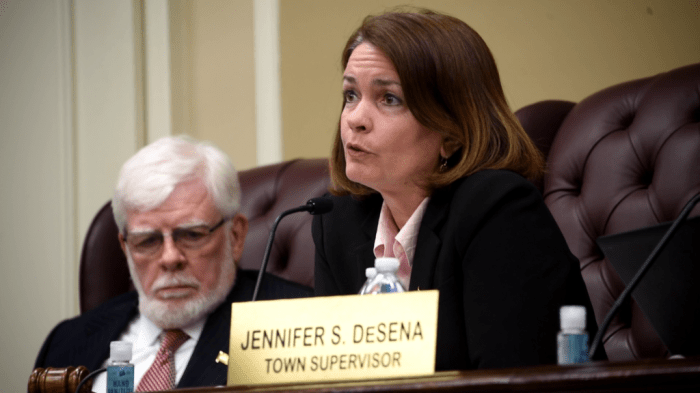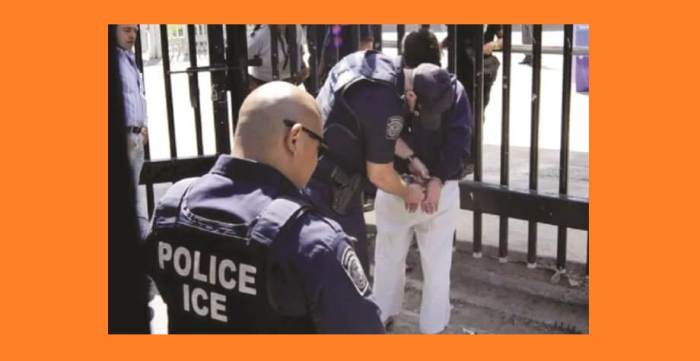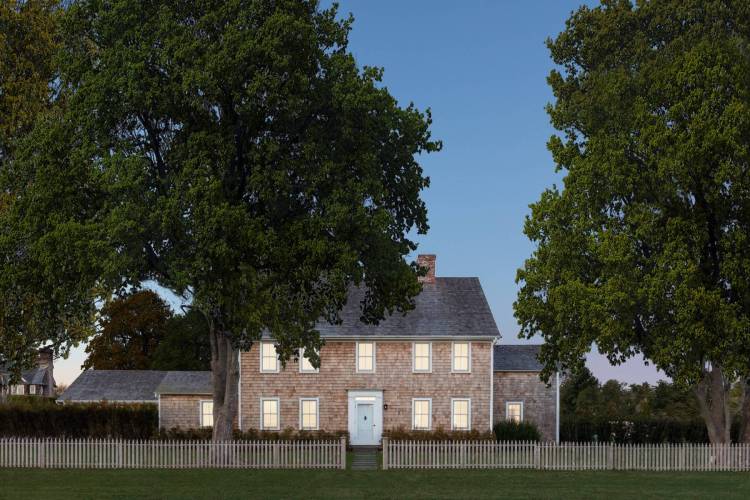The Town of North Hempstead and a consortium of other municipalities filed a suit against Purdue Pharmaceutical on Dec. 26 in Suffolk County, seeking compensation for damages incurred as a result of the opioid epidemic throughout the past three decades.
More than 50 municipalities in New York, New Jersey and Georgia have filed in Suffolk County Supreme Court, including most towns on Long Island, except for East Hampton, the City of Long Beach and a couple dozen incorporated Long Island villages like New Hyde Park, Garden City, Massapequa and Port Washington North.
The town and its fellow municipalities, which are filing with the same attorneys, but seeking separate settlements rather than a collective settlement in a class-action suit, hope to recover the money they’ve spent on combating opioid addiction, as well as damages for the societal impact of the opioid epidemic and additional money to be directed towards social programs designed to help mitigate its impact.
The suit is the second major piece of litigation the town has filed seeking compensation after its residents were harmed during the opioid epidemic. In November, the town joined government and private organizations across the country in filing a suit in federal court against more than a dozen major opioid manufacturers and distributors, including Johnson & Johnson, Walgreens and Walmart, seeking damages and alleging the defendants proliferated the spread and sale of opioid medication across the country despite being aware of the addictive and harmful potential of synthetic opioids like Oxycontin and Percocet. The thousands of federal suits against pharmaceutical companies are being handled by a federal court in Ohio as multidistrict litigation, where complex but separate cases are taken on by the same federal court to streamline the legal process and avoid the disparity in settlements and rulings that could come with each of these cases being handled by whatever federal court holds jurisdiction over the region the plaintiff is based in.
David Grossman, a Smithtown attorney who is part of the team representing the plaintiffs in both cases, said the federal suit didn’t include Purdue because the company filed for Chapter 11 bankruptcy in September to protect itself from a flurry of similar lawsuits. A judge in White Plains, where the company filed for bankruptcy, ruled that the Sackler family that owns Purdue couldn’t be sued for their personal assets, but the company’s assets would be fair game. The municipalities represented by Grossman and fellow lawyers Dennis Kelly, Mark Tate and Riccardo Iaccarino in the federal suit—which includes non government organizations like labor unions—elected to collectively filed suit against Purdue Pharma in Suffolk County rather than further back up the federal suit by adding an additional plaintiff.
Nearly 400,000 Americans died from opioid overdoses from 1999 to 2017, according to the Centers for Disease Control and Prevention (CDC). The CDC reports that spikes in overdose deaths correspond to three phases: the rapid proliferation of prescription painkillers in the 1990s, the spike in heroin usage and death around 2010 and the introduction of powerful synthetic opiates like fentanyl around 2013.
































